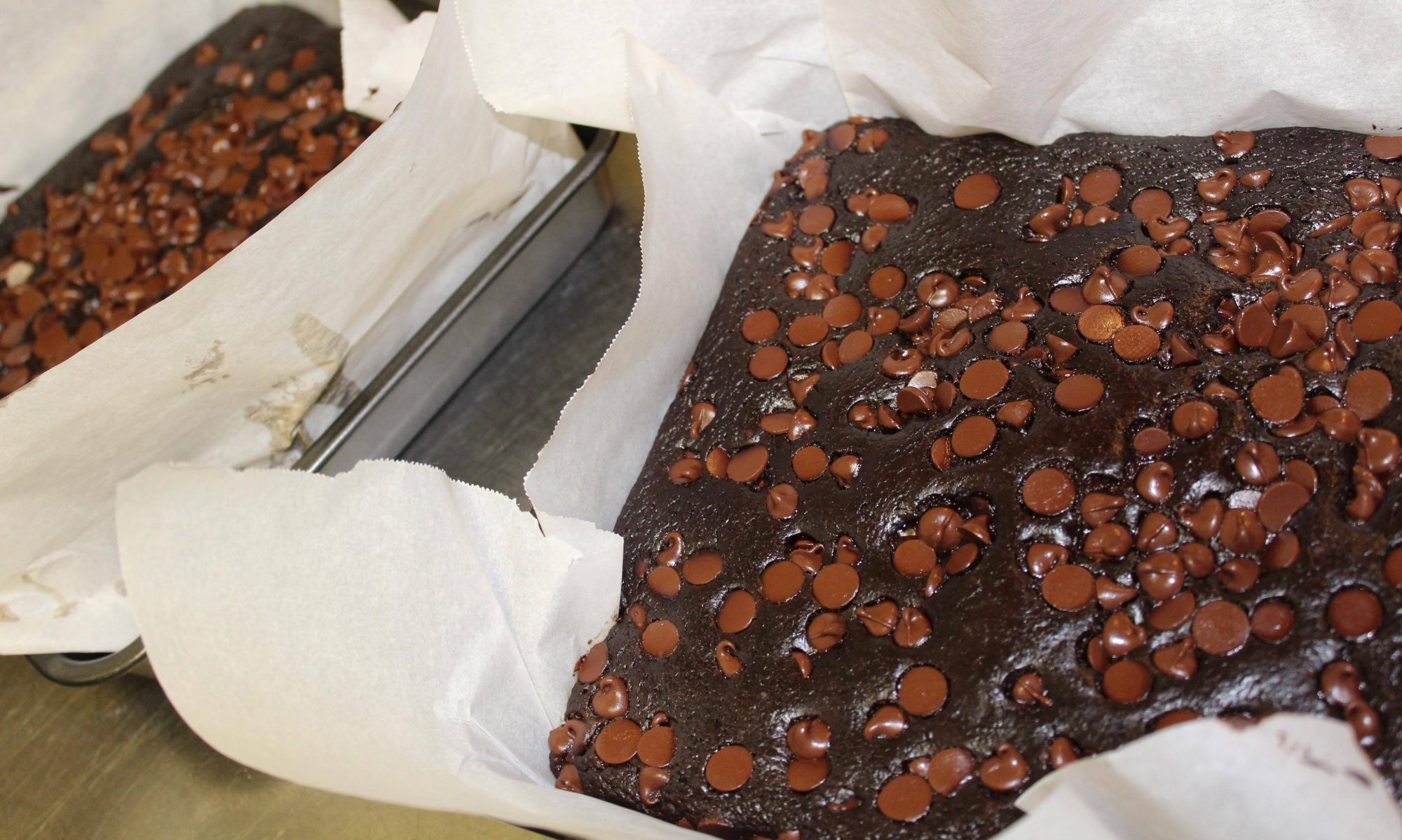Moment of Significance
A significant moment in the project was our first meeting with the children in the out of school care (OSC) program at Gordon Neighbourhood House. We mentioned this first interaction in our previous blog post, but upon further reflection as we wrap up our project, we have discovered major learning themes. While we had worked on our project during tutorial, this first interaction with the kids gave us insight into how our workshop would go and how we could better prepare. Each member of the group went to GNH with different expectations; some were confident with their ability to teach the children, others were hesitant about this unfamiliar experience, and others were ready to face challenges.
Were these expectations met? Not for everyone.
While some of us were confident about our skills and previous experiences interacting with children, our first meeting proved to challenge these expectations. We conducted a brief activity which tested the kids knowledge of Canada’s Food Guide and the four food groups. On our first visit to GNH, we started by asking the children to leave their activities, to take a seat and listen while we introduced the activity. Although they were all very excited to get involved in our activity, their attention span and ability to stay seated proved to be a challenge. As a team, this required leadership skills, the ability to take charge of a situation, as well as patience.
Upon successfully completing the activity with the children and determining the food groups for the various items we felt a great sense of achievement. The positive feedback from the supervisor also contributed to our confidence in teaching the kids. Finally, and most importantly, the human contact with children, the jokes, and the little chats had a significant impact upon each one of us.
At the end of the day, we left GNH confident of what we had accomplished and ready for our next step.
So What?
This experience was ideal to prepare for the next step: our workshop.
This experience ties to a main concept in our course LFS 350, uncertainty. This experience put all of us in a varying state of uncertainty. Some of this uncertainty came from our pre-existing expectations leading into the first interaction with the kids. How involved would they be? How much knowledge would they have of the four food groups? Would they find our activity interesting? During the activity we found the kids were eager and very willing to get involved. However, trying to keep them focused and seated was a definite challenge. With the help of the two leaders and some gentle reminders to raise their hand before speaking, we were able to complete the entire activity. We based our actions on past experiences working with kids. Recognizing their excitement and trying to channel that energy into learning, was something we did well. For our activity we used cut out pictures of food items and, whenever a child answered the question, he or she was given the opportunity to tape it onto the board in the corresponding food group. This was one way to get the kids involved and feel special when they had their turn. We had some uncertainty after we had completed the activity including; how do we use what we have learned to improve our workshop? How do we keep the kids focused? This has taught us as a group that no matter how much planning you put into a workshop or activity, there will always be a level of uncertainty. Engaging with the kids through this first activity was a great way for us to rework our workshop to be as effective as possible.
This was a great experience showing the transition from the ‘idealistic’ class scenarios and formatted questions to the realistic challenges and experiences in the real-world context. While our role in society as nutritionists seemed like a systematic, clear responsibility, it proved to be a dynamic, challenging one that we will have to deal with on daily and case-by-case basis.
Now What?
As future nutritionists and dietitians, this experience provided an insight to the real world of our food system. In our careers, we will be expected to explore, work with, and immerse ourselves in diverse communities of different age groups, ethnic backgrounds, and socioeconomic situations. Working with the kids at Gordon Neighbourhood House was a great experience. We will take away so much from this opportunity and be able to apply many things we have learned from this project in the future. Specifically, the state of uncertainty we experienced before, during and after executing our activity is something we have learned to better predict and cope with when planning a workshop. Uncertainty is undoubtedly a daily state in the humanitarian field, something our group is very interested in. Uncertainty will be a part of every program, workshop, job etc. but knowing how to deal with it, and using experience to manage it, is a valuable skill we have learned as a result of this project.
More importantly, we hope while dealing with this uncertainty and transitioning into the real-world practice of nutrition, we are benefiting our community and surrounding food system. We hope we are able to provide them with the knowledge and skills to sustain their health and their food system especially among those who hold the future in their hands – the children.
